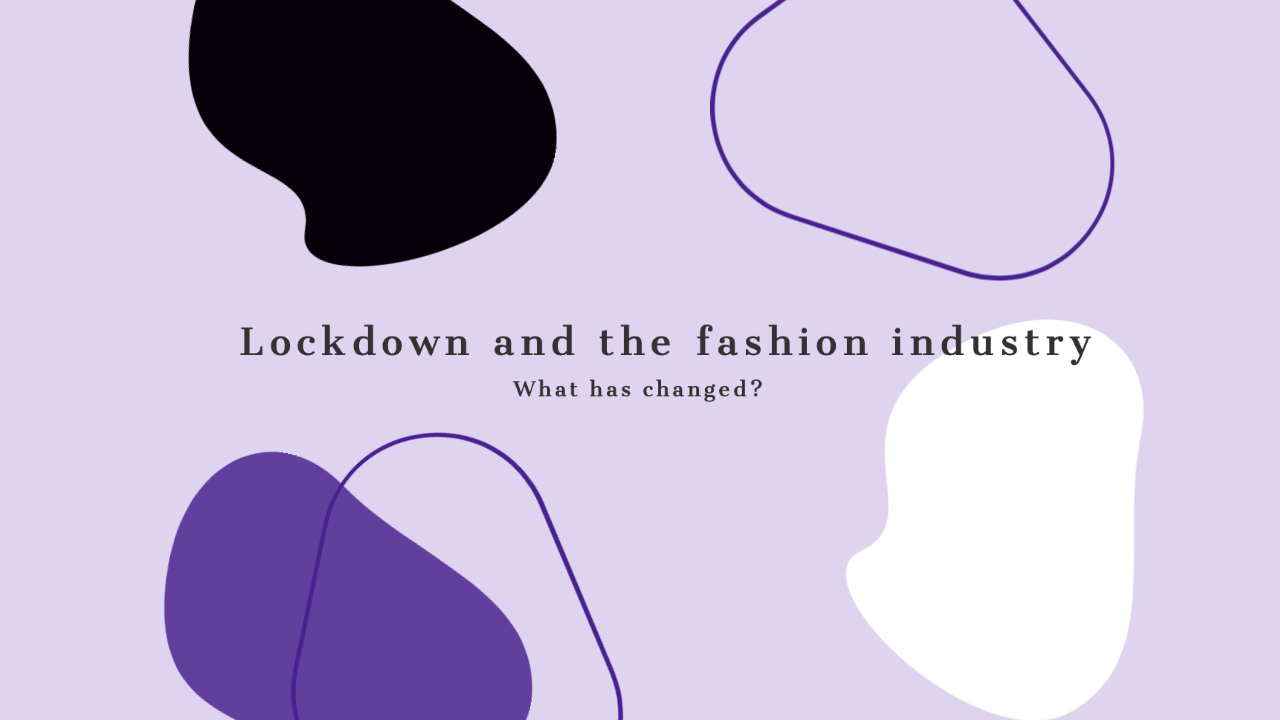By Ellen Woodley, Second year, History
The Croft Magazine // From designers abandoning traditional show schedules, to the prevalent disparities between underpaid garment-workers and high-end designers in the industry, Ellen reflects on the ways in which COVID has affected the past year in fashion.
2020 could be described as the year of 'space' both physically and metaphorically. For the fashion industry, I would attest that this space was much needed to rethink the reputation of the industry and the future of its $1.5 trillion worth. While demand has slowed and production plummeted, the industry has not fallen stagnant, and it seems it has in many ways taken the time and space that lockdown provided to reflect on some of its glaring hypocrisies.
One abuse of power that was challenged involved the allegations of sexual assault that surfaced against designer Alexander Wang. For those who spent lockdown mainly at home rather than as key workers, lockdown provided a safe environment to reflect on experiences like these and also, for some, a safer environment to come forward. Sometimes ‘hiding’ behind a screen can actually be a less overwhelming way to come forward, especially when calling someone out who is powerful in an industry. Although the allegations have now been dropped with many speculating that victims were paid by Wang for their silence, lockdown provided a context for some meaningful reflection surrounding this kind of abuse. This should never be undermined in a competitive and exclusive industry that has a reputation for taking advantage of vulnerable newcomers' desperation to succeed.
NEW: Fashion designer Alexander Wang is facing more allegations of sexual misconduct. A 21-year-old student has alleged to @BBCNews he was assaulted by the designer at a club in 2019. Mr Wang robustly denies the claim 👇🏽 https://t.co/yCLoK17VTb
— Rianna Croxford (@The_Crox) February 24, 2021
Lockdown seemed to provide a space for those in the industry to speak out and be non-conformist in other ways. For example, Gucci's creative director, Alessandro Michele, rebelled against what Elle Magazine called the 'unrelenting schedule' of up to eight collections a year, simply by going silent on social media for six days after Gucci's planned Resort showcase date. Essentially, the detachment of online fashion shows caused by lockdown made it impossible for anyone to force him to host a show he thought unnecessary. It also gave him a platform to voice his views promoting the normalisation of a more relaxed schedule with only A/W and S/S shows.
Just like COVID in general, the industry has not been affected evenly. Celebrities and influencers in the industry have thrived off paid promotions whilst small business owners, especially those who rely on the high-street, have drowned. There is never an easy answer as to the direction of the industry due to the polarising experiences of the different types of people who make it up, whether it be high-end designers or the underpaid workers who produce their clothes. Whilst lockdown provided reflection, questions of whether it led to positive action remains unanswered.
The good and the bad: Runway edition
Project Co: Interview with UoB-student led accessible fashion project
Featured image: Epigram/Morgan Collins
Check out

